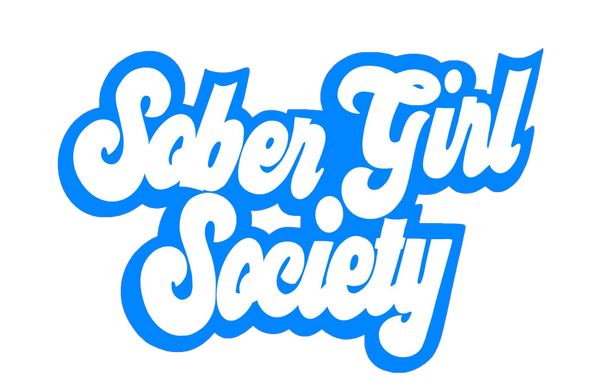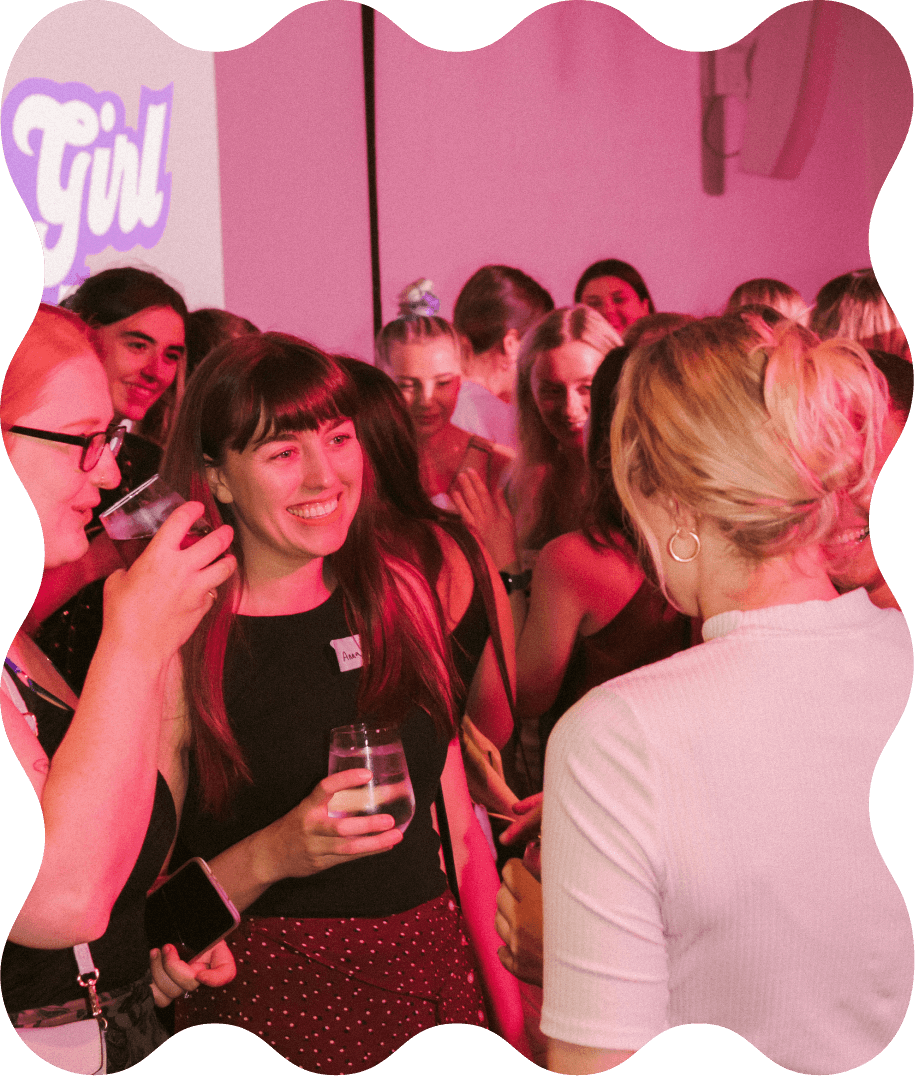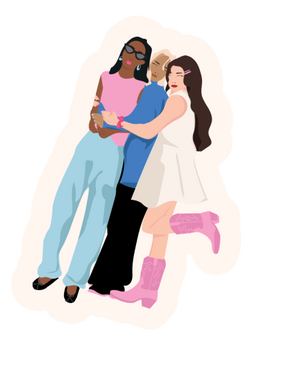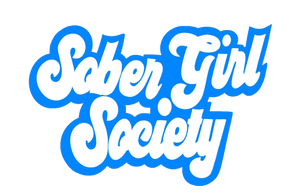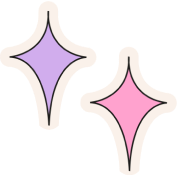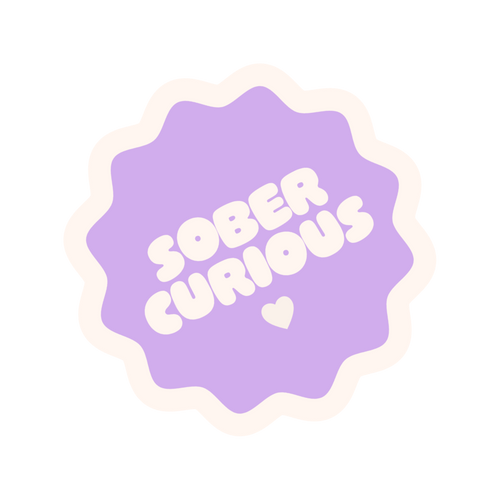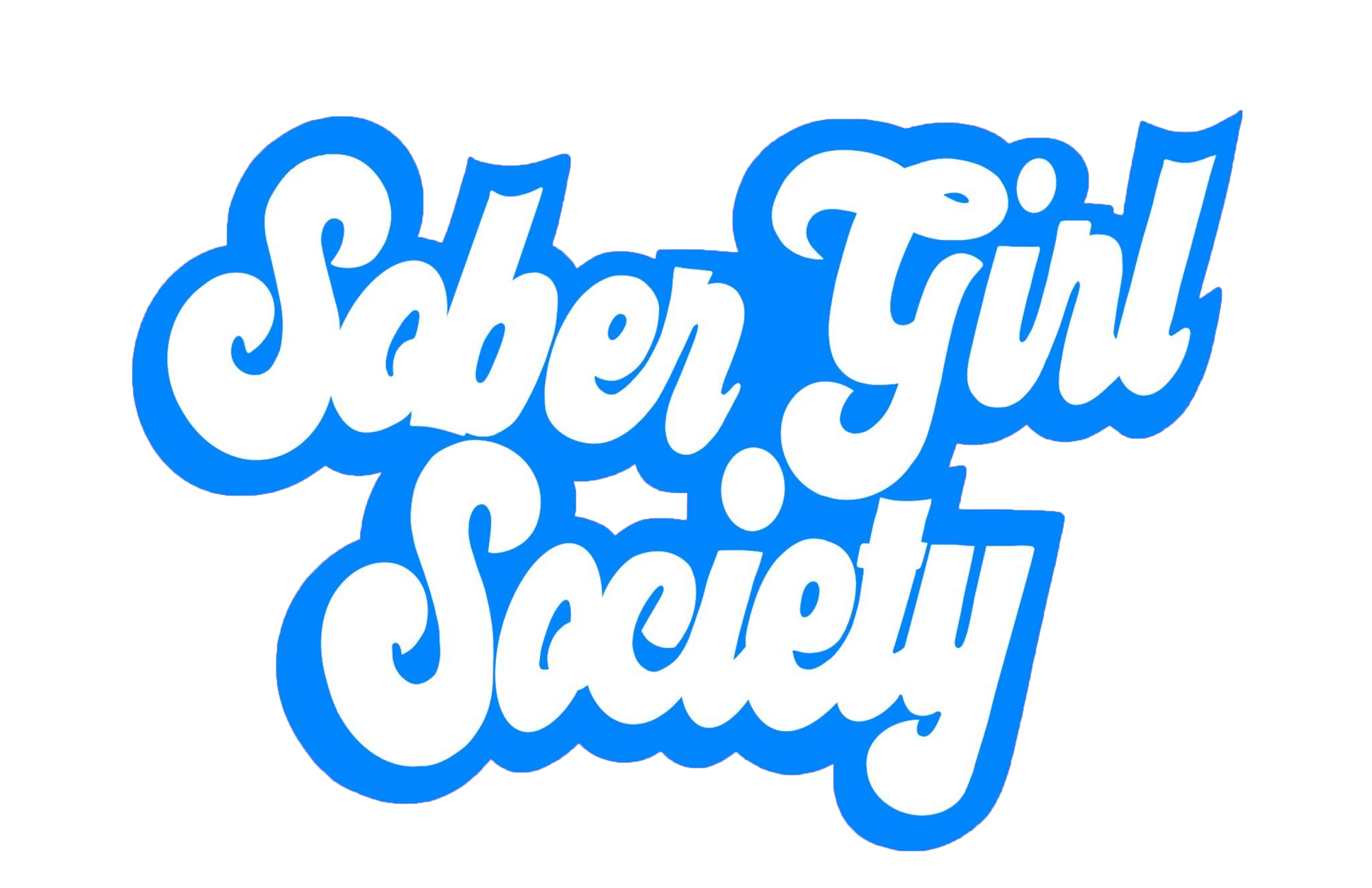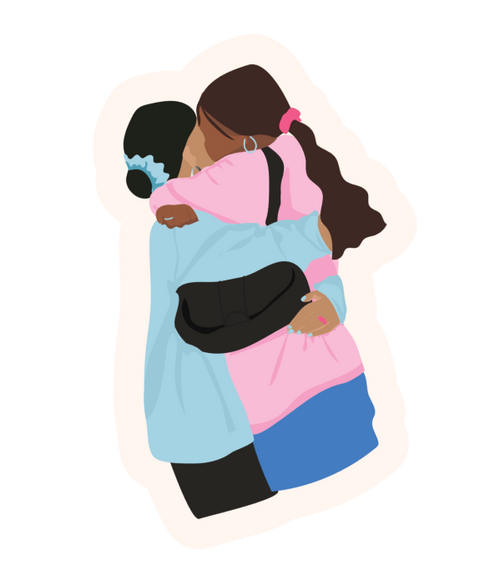When you tell people you no longer drink, they expect it to be followed by some sort of war story that justifies the unbelievable notion that you might never drink alcohol again.
The thing is, my choice to stop drinking was almost accidental, and completely that – a choice. Having felt quite ‘done’ with the downsides of drinking for a while, a particularly heavy festive period spurred me on through dry January, and by the 31st, I just wasn’t ready to go back. I knew I would see some benefit from this mini booze vacation, but hadn’t anticipated feeling quite so renewed. 15 months on, and I continue to make that choice, one day at a time.
When you give up drinking you expect to see some changes. There’s the obvious financial rewards, and the physical gains – I said goodbye to the puffiness in my face, my waist slimmed and I generally had more energy. I slept properly for the first time in forever. I gained hours of time; I became a morning person, and I finally made it to Parkrun on a Saturday. Mentally, I found clarity. I started feeling sharper, more productive and generally more ‘present’.
Things I wasn’t prepared for in sobriety
But something I wasn’t prepared for was the return of my emotions. Looking back I had, without realising it, been numbing my experience of life with alcohol. You don’t need to be a heavy drinker to find alcohol accompanying almost every social occasion or emotional moment. You reach for a bottle when you have cause to celebrate, commiserate, or counsel. Working through feelings of hurt or moments of stress with a glass of wine in hand means you are inevitably numbing the deeper or more negative emotions in those moments, not allowing yourself to truly ‘feel’ them.
Sometimes this is deliberate. If you’re like me, drinking can become a social crutch through which to mask or overcome social anxiety; a fast-track to false confidence. Navigating social situations without that crutch can feel exposing and vulnerable.
When you then stop drinking, it’s like someone turning the lights on. At first, I felt awkward. Used to hiding behind a blanket of alcohol, being confronted with this ‘unfiltered’ version of myself was unsettling. Sober, experiences are intensified, as though living life in High Definition (HD). You are left alone with the raw, undiluted emotions. Without the buzz that alcohol gives you to offset them, in painful moments you can only sit through those feelings.
The positives of getting your emotions back
But whilst getting your emotions back can feel like a shock at first, there are positives from turning up the brightness. Whilst alcohol had numbed the negative, I was also inadvertently diluting the positive, and moments of celebration or joy would never quite be experienced in full.
As I began to tick off the sober ‘firsts’- the first party, wedding, (no festivals yet, thanks Covid) – I realised that far from enjoying these events less, I felt more present and able to enjoy myself more without the distraction of drinking. I began to find joy in everyday experiences that passed me by before, and I started to appreciate what in life gave me real pleasure; to determine the difference between alcohol-induced enjoyment and true happiness. In the words of Marie Kondo, I am more in tune with whether something really does spark joy.
It felt like a process of rediscovery; getting to know myself again. It turns out I’m more introverted than I knew; more appreciative of my own company and a slower pace of life. As time went on, I discovered a sense of genuine self-worth, and now have more authentic confidence than when I drank.
Despite the initial rollercoaster of emotions, I feel settled now, with a peace of mind and an inner calmness that seemed out of reach before. When you struggle with anxiety you often drink to ‘take the edge off’ or ‘give you an edge’, but that chemically constructed confidence only fuels the same anxiety you’re trying to escape. My anxiety had felt like a humming radio, a constant loud static that seemed ever-present, but after I stopped drinking, I found the volume turned right down low.
Experiencing my feelings
There will be experiences that will be challenging to endure in ’HD’, without the crutch that’s so integral to our coping mechanisms. I am dreading my first bereavement, my first loss or heartbreak. Where I would have numbed the negative with drink, I can now sit through the feelings and experience them in their entirety. These experiences will be no less painful just because I’m not drinking, but I will be in a better place to deal with them. I also know that my sobriety not only enables me to be wholly present through these experiences, but also show up and be there more meaningfully for those around me.
Personally, I am excited by the possibilities a life without alcohol will bring. But if a lifelong commitment feels daunting, evaluating your relationship with alcohol can begin with taking a step back and just asking the question of whether it truly ‘brings joy’.
Evaluating your relationship with alcohol doesn’t have to be a lifelong commitment, but taking a step back and asking the question of whether it truly ‘brings joy’ is a good place to start.
A radical, rebellious act
Choosing to walk away from something that you know isn’t serving you anymore is an act of self-care. Walking away from something that’s so socialised into our everyday lives, whilst staying true to yourself, is another thing entirely. In a world that tells us we need alcohol to be glamorous, more confident, or fun, choosing to stop drinking is a radical, rebellious act. Discovering you do not need alcohol to feel those things is the ultimate liberation.
Written by Beth Button
Beth Button is 30 and lives in South London. She works in communications in the education sector. Beth has been living alcohol-free for 16 months, and recently discovered a new sober hobby in making her own clothes. Find Beth on Instagram @buttonbeth or Twitter @BethButton .This article first appeared on @the_rally
